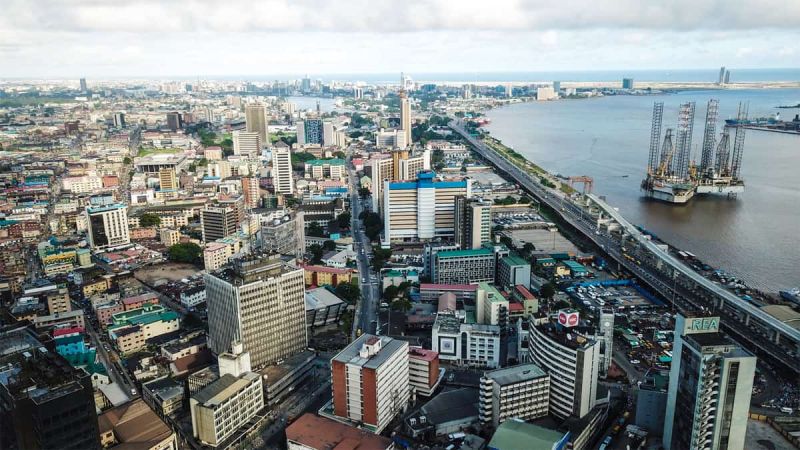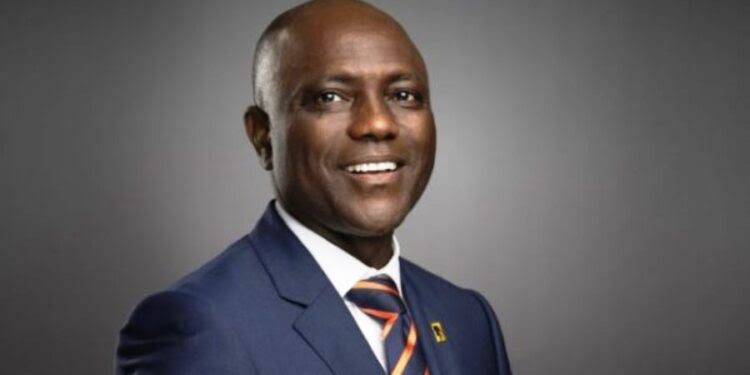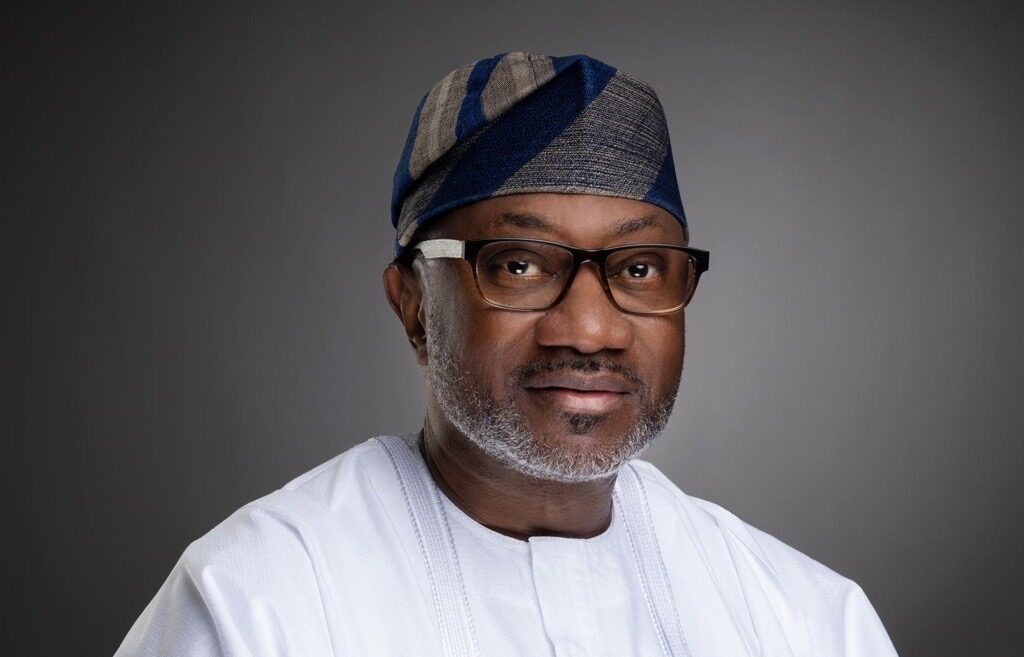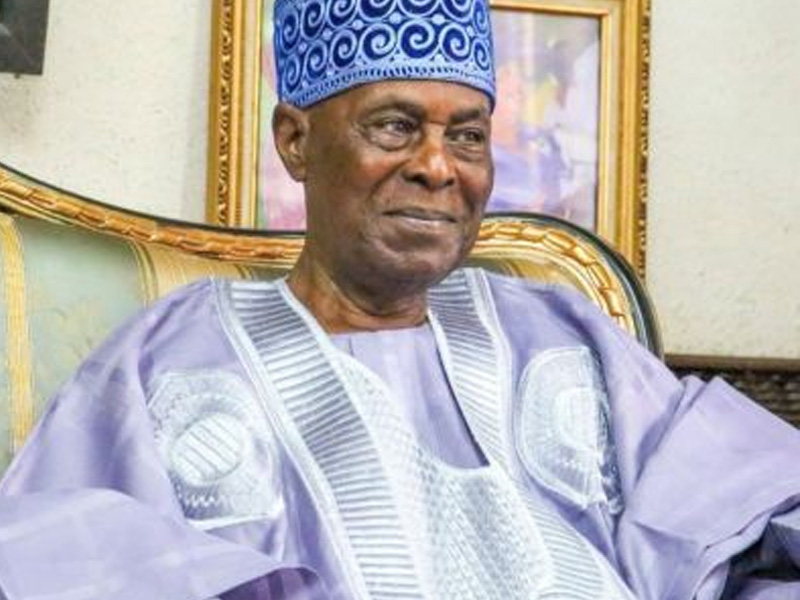Nigeria has experienced a sharp decline in foreign direct investment (FDI) inward stock, dropping from $86.2 billion in 2022 to $73.4 billion in 2023, as revealed by the World Investment Report 2024.
This represents a significant $12.8 billion reduction in foreign holdings within the country, driven largely by the devaluation of the naira and the exit of major multinational corporations.
Foreign holdings, which account for investments made by foreign entities in Nigeria’s businesses, properties, and other assets, were heavily affected by the naira’s 49% depreciation between 2022 and 2023.
Persecondnews reports that the currency’s plunge reduced the USD valuation of foreign investments, compounding challenges for an economy already grappling with macroeconomic instability.
Between 2022 and 2023, Nigeria experienced a significant 109% increase in FDI inflows, rising from $895 million to $1.87 billion.
However, this growth in inflows could not offset the value erosion caused by the steep depreciation of the naira.
Experts warn that the trend may worsen in 2024, with the total foreign holdings projected to decline further.
The adverse economic environment has prompted several multinational firms to exit the Nigerian market.
In 2023, notable companies such as GlaxoSmithKline, Procter & Gamble, and Bolt Foods withdrew from the country.
This trend continued into 2024, with major corporations like Heineken, Diageo International, and Eni divesting from their Nigerian operations.
Additionally, tech giant Microsoft shut down its $100 million Africa Development Centre in Lagos.
The dwindling foreign investment landscape has been attributed to forex scarcity, rising operational costs, and widespread corruption.
A U.S. State Department report on Nigeria’s investment climate highlighted corruption, particularly at ports, as a major impediment to business operations as well as security concerns.
Inflation remains another significant challenge, surging to 33.88% in October 2024, up from 32.70% in September, according to the National Bureau of Statistics (NBS).
This, combined with naira depreciation—estimated at 70% since the forex market float in 2023—has led to negative returns for many foreign-held companies, forcing them to scale back their investments.
President Tinubu’s administration has launched initiatives to attract foreign investors and improve the business climate.
While some efforts, such as the continuation of the Presidential Enabling Business Environment Council (PEBEC), have gained traction, efforts are in progress to implement the Nigerian investment policy introduced during former President Muhammadu Buhari’s tenure.
Tinubu’s policies have largely resulted in an influx of short-term portfolio investments rather than long-term FDI, with foreign investors favouring equities and fixed-income instruments.
Critics argue that these gains are insufficient to address the structural issues plaguing Nigeria’s economy, including inflation and currency instability.
Bismarck Rewane, CEO of Financial Derivatives Company, emphasized the need for monetary reforms to stabilize the naira and control inflation.
Speaking at the 2024 Macroeconomic Outlook Forum in Lagos, he said, “The CBN needs to continue to prioritize taming money growth and stabilizing the naira. This is the shortest route to moderating inflationary pressure.”






































Leave a comment